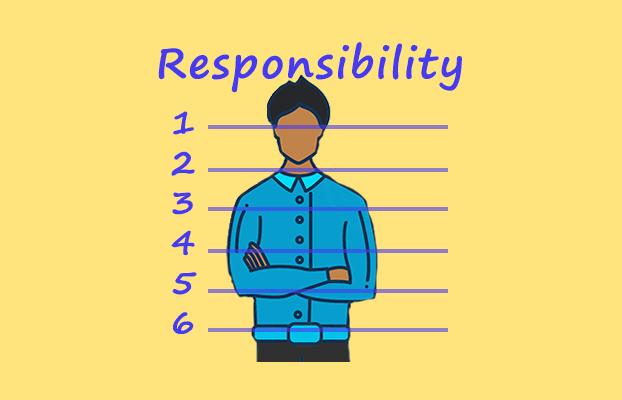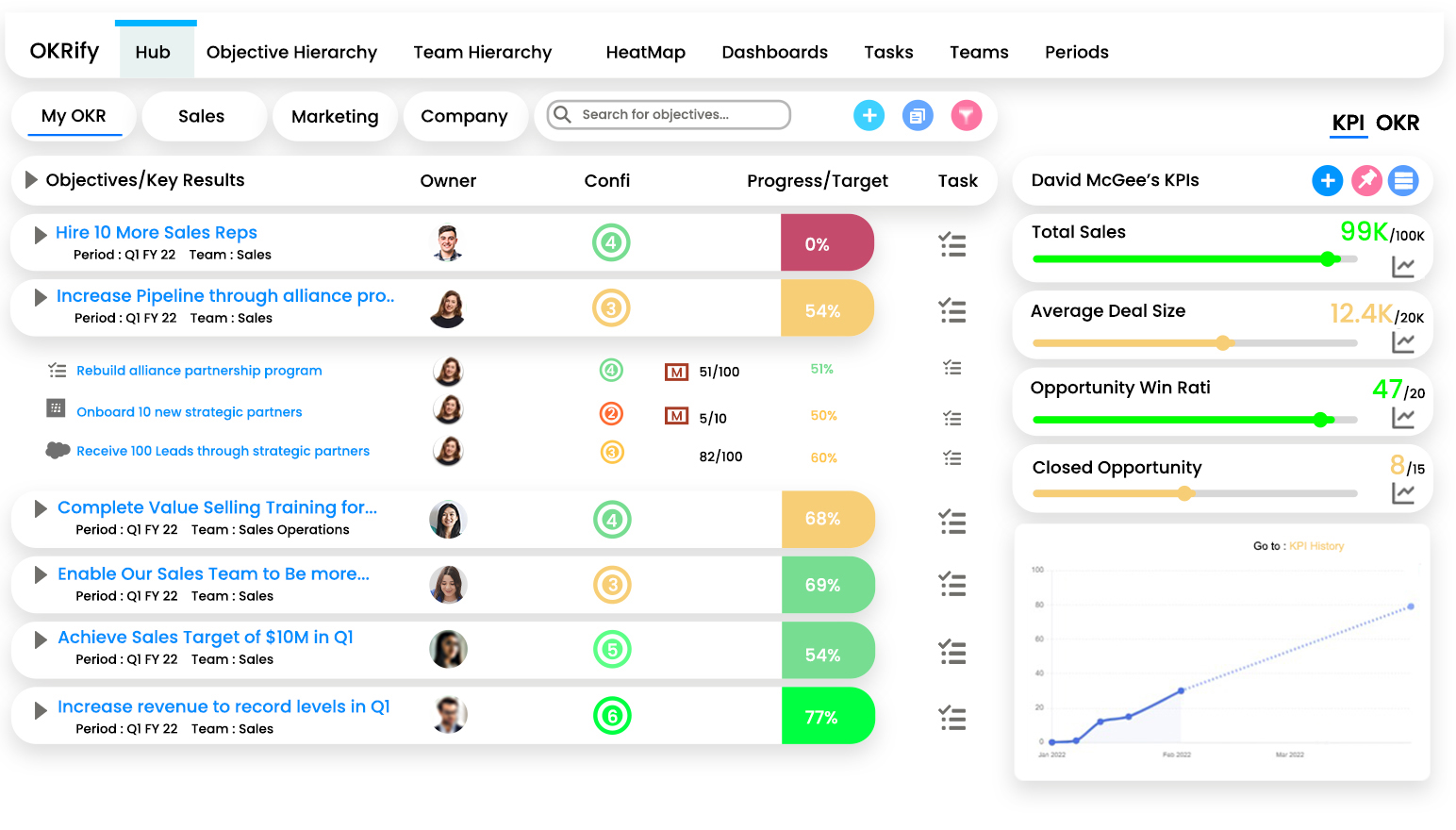A nonprofit organization's executive director has the duty of guiding the organization in the direction of its objective. They will be in charge of the nonprofit's overall strategy and operational direction since they are in charge of the organization's short- and long-term performance.
Generally speaking, the executive director is more active in day-to-day operations while the board sets the nonprofit organization's vision and strategic direction.
The requirements of any organisation will determine the responsibilities of a nonprofit executive director. Despite the enormous diversity of the nonprofit sector, there are some underlying similarities in nonprofit leadership.
The duties that practically all nonprofit executive directors will be expected to perform are listed below.

Not simply manage, but lead
Executive directors must develop into organisational leaders rather than content to be little more than "managers" or "bosses" in their organisations. At a nonprofit organisation, executive directors must assume a leadership position in order to rally all stakeholders behind the organization's objective. To influence, motivate, and assist people in becoming their best selves while developing their talents and achieving goals along the way is the definition of leadership.
Strategic Planning
A organization lacks long-term vision when it consistently "pipe tapes" its problems. All the stakeholders must be given direction by a clear strategic long-term vision. A strategic plan must be provided by the executive director and board in order for the organisation to fulfil its objective. Executing the plan with the available resources falls under the purview of the executive director. To carry out their strategies, many executive directors use tools like the OKR framework.
Manage Board
A nonprofit organization's board of directors and executive directors are in charge of setting goals, determining objectives, creating strategic plans, and overseeing the organization's operations. The executive directors are in charge of carrying out the strategic plan and managing the organization's day-to-day operations. To ensure the success of a nonprofit organisation, executive directors and board members must collaborate. Each board member should provide the executive director with moral, expert, and practical support. To ensure that they are working together to fulfil the nonprofit organization's purposes, it is crucial for board members to have open lines of communication with the executive director.
Fundraising & finance
The nonprofit organization's executive director is in charge of maintaining its financial stability. A nonprofit's financial stability is significantly influenced by fundraising, and the executive director is in charge of ensuring that the proper strategy and procedures are implemented for effective fundraising. By creating new fundraising opportunities, promoting the organization's brand and objectives, and cultivating relationships with potential donors, the executive director should take the lead position in fundraising.
Align Stakeholders with the vision
It is crucial to get all the stakeholders on board with the organization's vision because nonprofit organisations have a variety of stakeholders, including board members, employees, volunteers, donors, and government agencies. Aligning all stakeholders with the organization's vision to make sure everyone is moving in the same direction towards the organization's goals is one of the executive director's primary responsibilities. As previously said, a lot of executive directors use the OKR framework to get their teams to align with the strategic goals.
Organization Management
The most valuable resource of a nonprofit organisation is its people. The executive director is in charge of finding, bringing on board, managing, and keeping the talent the nonprofit organisation needs to function properly. Most employees of NGOs work there because they want to have a positive impact on society, not because they are driven by money. It is the executive director's exclusive responsibility to create an environment where employees feel valued and have the proper opportunities to make important contributions.
Diversity, Equity and Inclusion (DEI)
Diversity, equity, and inclusion promote a welcoming atmosphere that can offer a wider perspective and original solutions for resolving social issues in our neighbourhood. The executive director, who serves as the organization's leader, is crucial to creating a diverse and inclusive workplace. In order to attract better fundraising prospects, hire talent, and create an inclusive organisational culture, DEI has also grown to be a crucial factor for NGOs.
Operations & Program Management
Together with creating the strategic plan, the executive director is also responsible for establishing the proper procedures and supplying their employees with the resources they need to carry out the organization's goal. The executive director is also in charge of keeping an eye on overall operations and programme implementation. Although the executive director may not be directly involved in all of the various programmes' daily operations, it is still important for them to be aware of the procedures used to implement the programmes, make sure they are in line with the organization's mission, and provide the resources required for their success.
Technology
Last but not least, technology is crucial to the operation of every firm. The executive director is in charge of choosing and supplying the appropriate technology so that their teams may efficiently run their firm. Executive directors have benefited greatly from the best in class technology products being made available to NGOs, such as Salesforce.
The most senior leadership position in a nonprofit organisation is that of executive director. The executive director is in charge of guiding and inspiring the staff and volunteers as well as managing the organization's overall management and operations, including formulating and accomplishing strategic goals. The executive director also represents the organisation to outside parties, such as donors, authorities, and the public, acting as its main spokesperson.
Free licenses and special discounts for nonprofits making this world better.
Achieve your organization's mission with OKRs
OKRs is a simple, flexible goal setting framework that can help in set clear expectations and purpose for employees & volunteers, align everyone behind the mission for focused execution.




